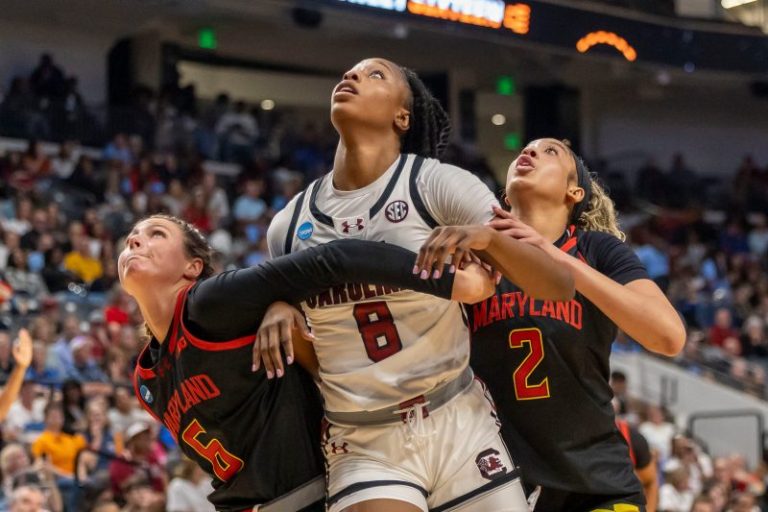The women’s NCAA Tournament has brought some thrilling, unforgettable moments and some moments that will leave you laughing. And no, we’re not referring to LSU head coach Kim Mulkey’s sideline wardrobe choices.
With Birmingham, Alabama, serving as one of two regional sites for March Madness, USA TODAY Network’s Popi Marquez decided to quiz some of the top players on some Alabama state trivia. We asked players from Duke, North Carolina, South Carolina and Maryland if they knew who Kalen Deboer is, if they knew what city in the state they are in, and if they knew what a Yellowhammer is. The answers are hilarious.
Check out the video below and have a good laugh.

